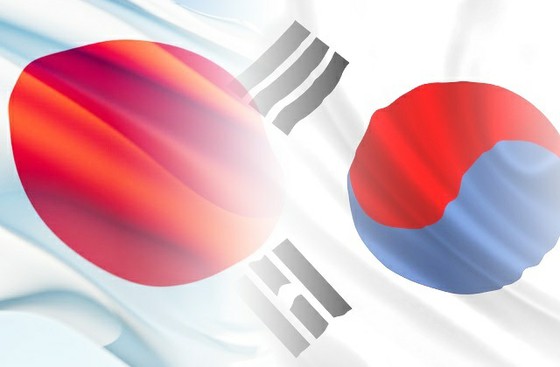 |
From February 16th to 21st, the Federation of Economic Organizations conducted an online awareness survey on Japan-Korea relations among 626 Koreans in their 20s and 30s (331 in their 20s and 295 in their 30s). Regarding their impression of Japan, 42.3% had a 'positive' impression, exceeding the 17.4% who had a 'negative' impression. 40.3% said they were neither positive nor negative. The favorable rating for Japan was an average of 5.7% out of 10 points.
71.0% of respondents answered that it is necessary to improve relations with Japan. The reasons for the need for improvement were 'expansion of economic benefits' (45.4%), 'prevention of China's rise' (18.2%), and 'security cooperation in Northeast Asia, such as dealing with the North Korean nuclear issue'. When asked what they should give priority to in order to improve their relationship, 54.4% of respondents chose the 'future' and 45.6% chose the 'past' with the 'future' exceeding the 'past.'
On March 6th, the South Korean government announced that a South Korean foundation would take over the reparations from Japanese companies to solve the former forced labor lawsuit, the biggest pending issue between Japan and South Korea. When the survey was conducted, it was still in the 'draft' stage, but 52.4% of respondents evaluated that the solution would positively impact Japan-South Korea relations.
In July 2019, anti-Japanese sentiment surged in South Korea after the Japanese government tightened export controls to South Korea, and a campaign to boycott Japanese products was launched to protest against this. Under the name of 'No Japan Movement', it spread all over South Korea with the slogan 'Don't buy, don't sell, don't go.' As a result of the boycott movement, beer made by Japanese manufacturers temporarily disappeared from shelves at convenience stores and other places, and Japanese brand stores in South Korea saw fewer customers. Travel products are no exception, and the number of people refraining from traveling to Japan is rapidly increasing. At airports across Japan, the number of flights to and from South Korea has been reduced, and flights have been suspended one after another.
2023/03/13 09:26 KST


